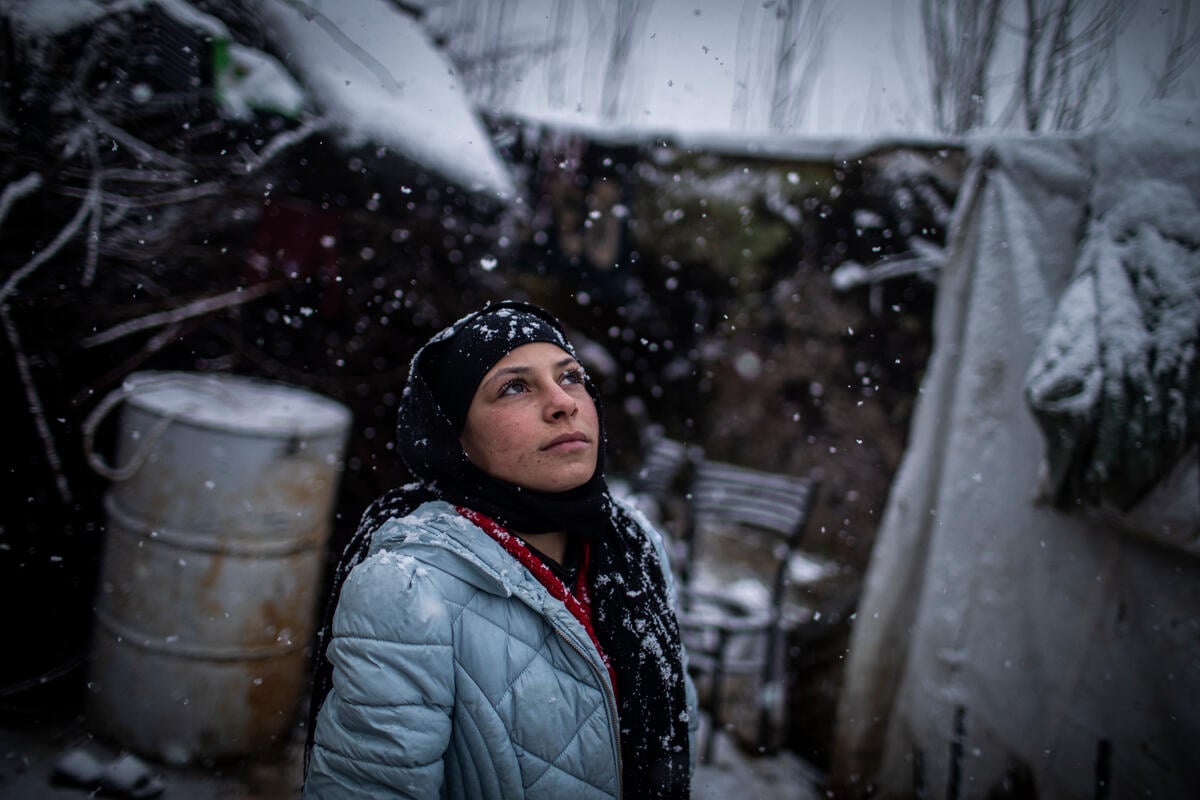UNHCR pledges assistance to refugees in Iran
UNHCR pledges assistance to refugees in Iran
United Nations High Commissioner for Refugees Sadako Ogata pledged Thursday to assist Iran with any inflow of refugees following last week's fighting in northern Iraq.
The announcement came after Iranian government reports that 39,000 refugees have already crossed the border into Iran. Many thousands of Iraqi Kurds are also displaced in the Sulaymaniyah region of northern Iraq.
Ogata said that money would be released from emergency funds to buy and transport relief items as soon as three UNHCR teams currently operating in western Iran, close to the Iraq border, have verified the precise number of refugees arriving in Iran and assessed their needs. UNHCR is also poised to redeploy staff and vehicles from its Afghan repatriation operation in eastern Iran to the west of the country. UNHCR also has emergency stockpiles in the region and in Amsterdam which can be moved at very short notice.
"We stand ready to assist in any way," Ogata said. "The Iranian government has a remarkable track record in giving asylum to many desperate people in recent years, and UNHCR is keen to help it come to the need of these latest refugees. We will move swiftly once we have had access to them and have established their needs."
On Wednesday, a joint U.N. assessment mission in Iraq reported that around 15,000 people were camped in valleys and villages north of the town of Panjwin, close to the Iranian border. A second joint U.N. mission, including UNHCR, was trying Thursday to assess information about displacement in the area to the south of Panjwin.
By Wednesday morning, thousands of people were already starting to return to Sulaymaniyah. As it headed back to Sulaymaniyah from Panjwin on Wednesday, the UNHCR vehicle was accompanied by about 100 vehicles filled with families who had decided to go back to their homes.
Civilians began streaming out of Sulaymaniyah, a major town in northern Iraq, on Monday, just before the town - previously a stronghold of the PUK - fell to fighters from a rival Kurdish faction, the KDP. Hundreds of thousands of people are believed to have left the city. The majority sought temporary shelter in surrounding villages.
During the 1980s and early 1990s, Iran opened its borders to more than 3 million Afghans, and accepted a further 1 million Iraqis in 1991. Following successive repatriation movements, there remain today 2 million refugees in Iran (1.4 million from Afghanistan and 600,000 from Iraq) - more than in any other country in the world.








